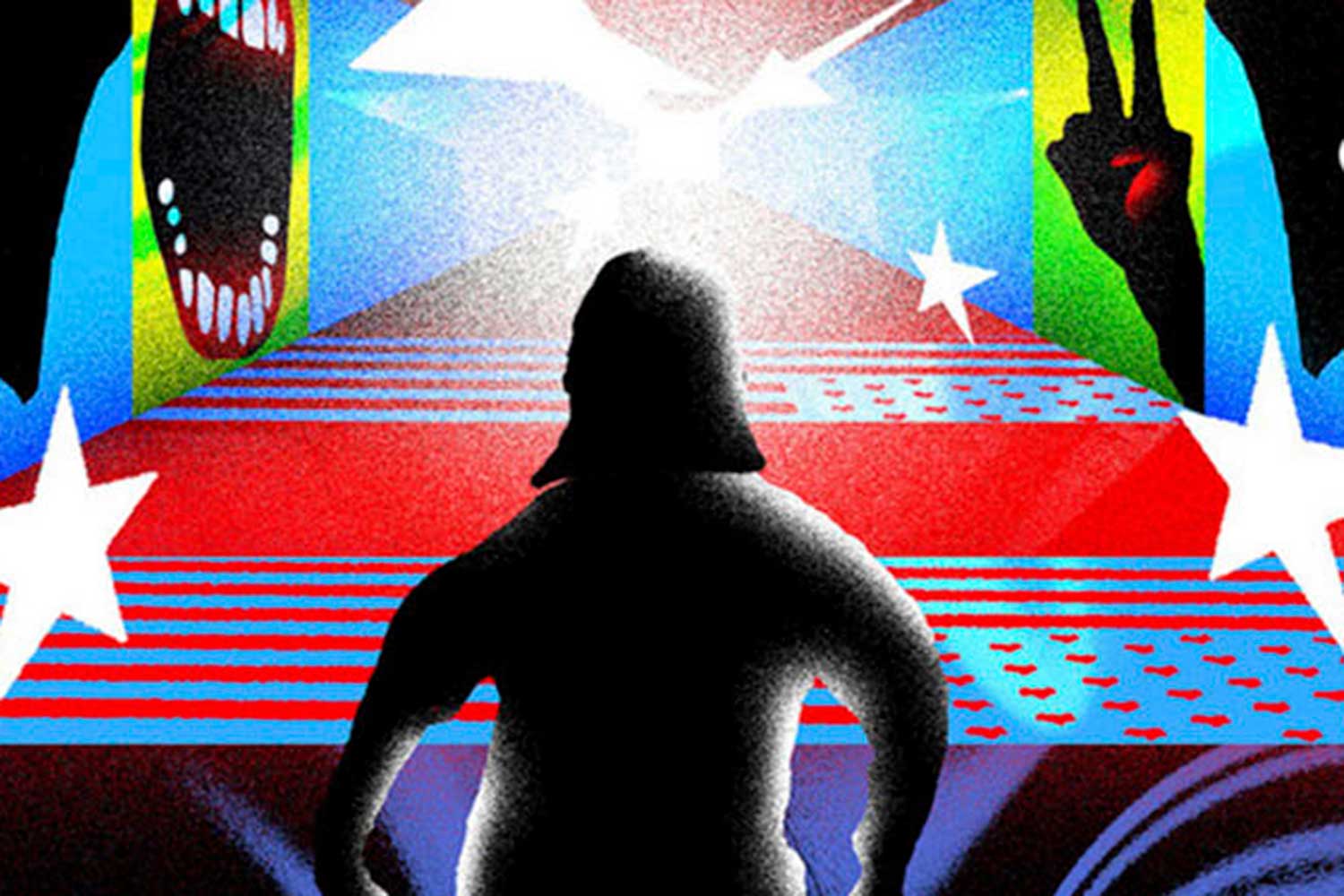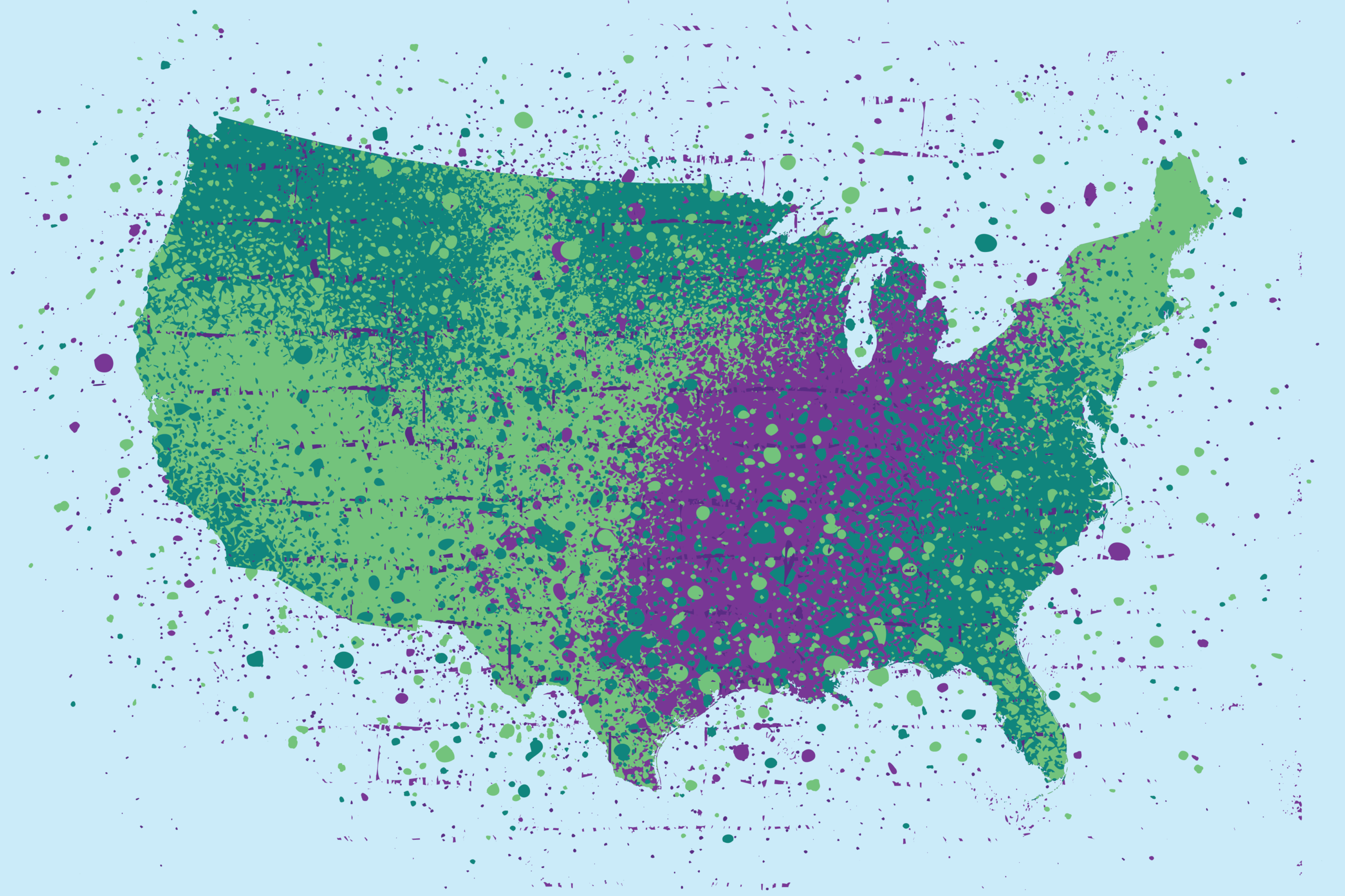This article originally appeared in Politico.
The coronavirus pandemic was always going to make the 2020 election uniquely complicated, and Donald Trump’s norm-busting style was always going to make it tense, but headlines in recent days have started to read like political thriller plot lines. We’ve seen Iranian skullduggery, dummy ballot boxes and mysterious threatening emails. Congressional Democrats are pleading with the military to respect a peaceful transition of power. A poll shows that barely a fifth of Americans believe this year’s election will be “free and fair.” There’s concern about violence, especially by militias and white supremacists. Some Americans are even laying in extra food and water, fearing what comes next.
Americans have little experience navigating disputed elections at this scale, and none at all doing so with a president hinting he might not leave office if he loses.
So what could we really be in for after November 3? Beyond a vague, crippling sense of dread, a feeling informed by hours of late-night doom-scrolling, what could actually go wrong?




